Jun Jing - The Temple of Memories: History, Power, and Morality in a Chinese Village
Here you can read online Jun Jing - The Temple of Memories: History, Power, and Morality in a Chinese Village full text of the book (entire story) in english for free. Download pdf and epub, get meaning, cover and reviews about this ebook. year: 1998, publisher: Stanford University Press, genre: Religion. Description of the work, (preface) as well as reviews are available. Best literature library LitArk.com created for fans of good reading and offers a wide selection of genres:
Romance novel
Science fiction
Adventure
Detective
Science
History
Home and family
Prose
Art
Politics
Computer
Non-fiction
Religion
Business
Children
Humor
Choose a favorite category and find really read worthwhile books. Enjoy immersion in the world of imagination, feel the emotions of the characters or learn something new for yourself, make an fascinating discovery.

The Temple of Memories: History, Power, and Morality in a Chinese Village: summary, description and annotation
We offer to read an annotation, description, summary or preface (depends on what the author of the book "The Temple of Memories: History, Power, and Morality in a Chinese Village" wrote himself). If you haven't found the necessary information about the book — write in the comments, we will try to find it.
Jun Jing: author's other books
Who wrote The Temple of Memories: History, Power, and Morality in a Chinese Village? Find out the surname, the name of the author of the book and a list of all author's works by series.

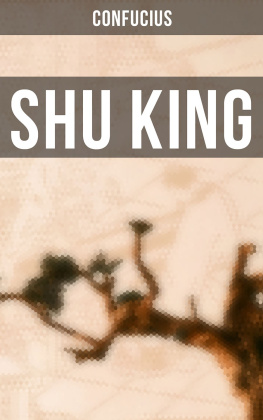
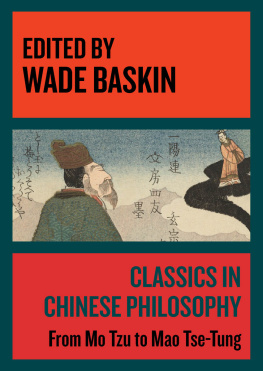
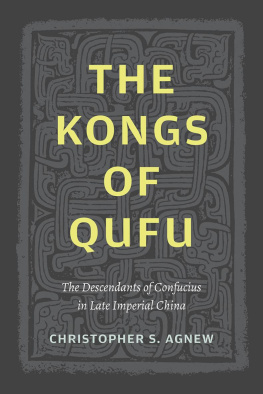
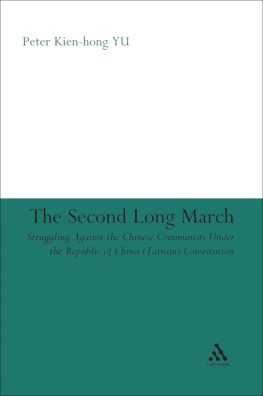
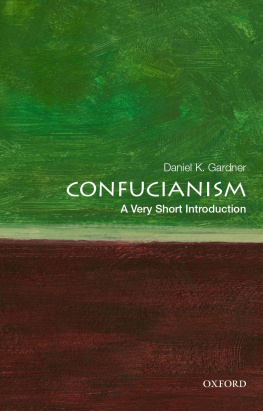
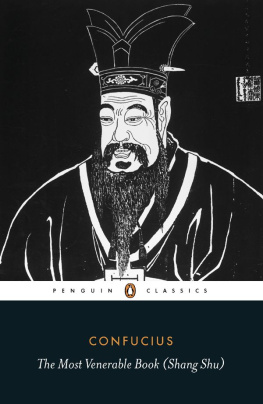
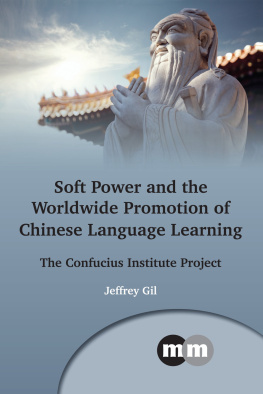
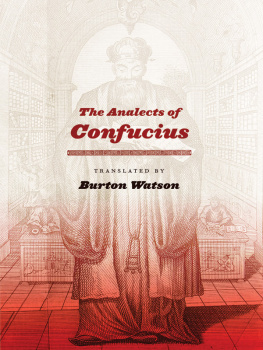
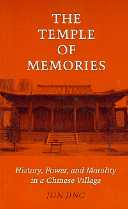

 This book is printed on acid-free paper
This book is printed on acid-free paper